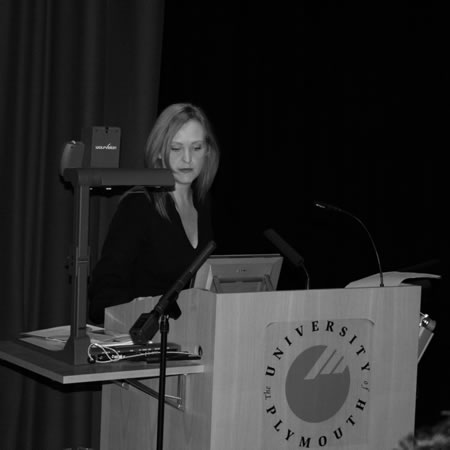Do we have privacy anymore, do we have privacy with the internet now being so much part of our lives?
The opening keynote at the Plymouth e-Learning Conference 2010 was by Josie Fraser. She delivered an inspiring thought provoking keynote covering many different issues including digital identity, digital communities and communities of practice.

One of the key discussions was on privacy and the ability to control what I put online on services such as Twitter, this blog, Flickr or even (now and again) Facebook.
I can do lots to protect my identity.
I can decide what photographs I post to Flickr.
I can decide whether to include geo-data when I post to Twitter or use Audioboo.
What about the issue of other people infringing my privacy and putting details of my life online.
I can’t stop other people from broadcasting what I am doing…
I can’t stop them taking and posting photographs on me online.
I can’t stop them writing about what I am doing on services like Twitter and Facebook.
I can’t stop them uploading videos of me to YouTube.
I won’t be able to stop them adding geo-data to images or videos of me.
These services that people have used have take down policies, but unless the images, video or text are “not nice” then would the services taken them down because I don’t like them?
Of course I can ask, but they don’t need to say yes!
We seem to be at a stage where privacy is almost impossible to maintain if you go anywhere that others will be using cameras, online services such as Twitter or Facebook; even if I don’t use any of these things myself.
Josie in her keynote showed us the Ungooglable Man.

Does he exist? Probably?
Does he exist online? More than likely!
Even if he doesn’t use Myspace or Facebook, it is likely that friends and family do. They may place photographs of him online, they may talk about him, they may have videos of him. As a result he may be found online despite the fact that he is not online himself.
There are implications for those who have concerns about their own online identities that they may well have no power to stop others posting “stuff” about them online.
At the moment, many colleges are looking to work with learners on the concept of e-safety, part of which is digital identity. Colleges need to remind individuals that they are not the only person who needs to be concerned about what they post online, but that their friends and family need to be aware of the issues too.
Do you worry about what is posted about you online?
Do you know what others have posted about you online?
Should we care?

